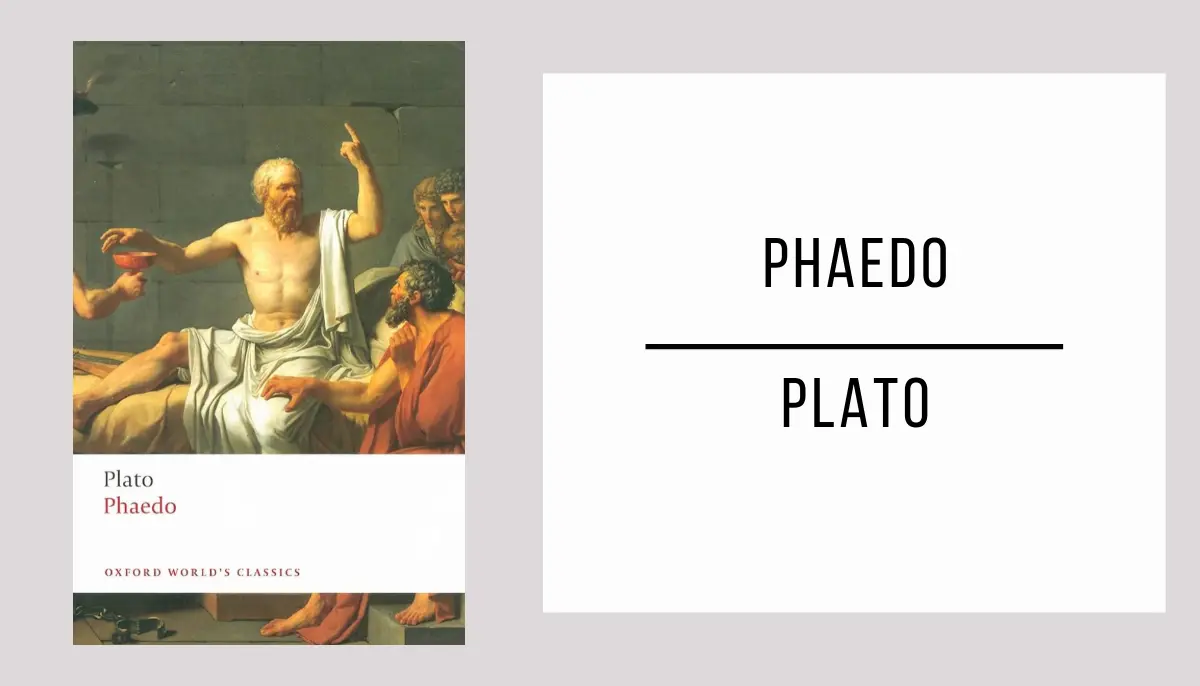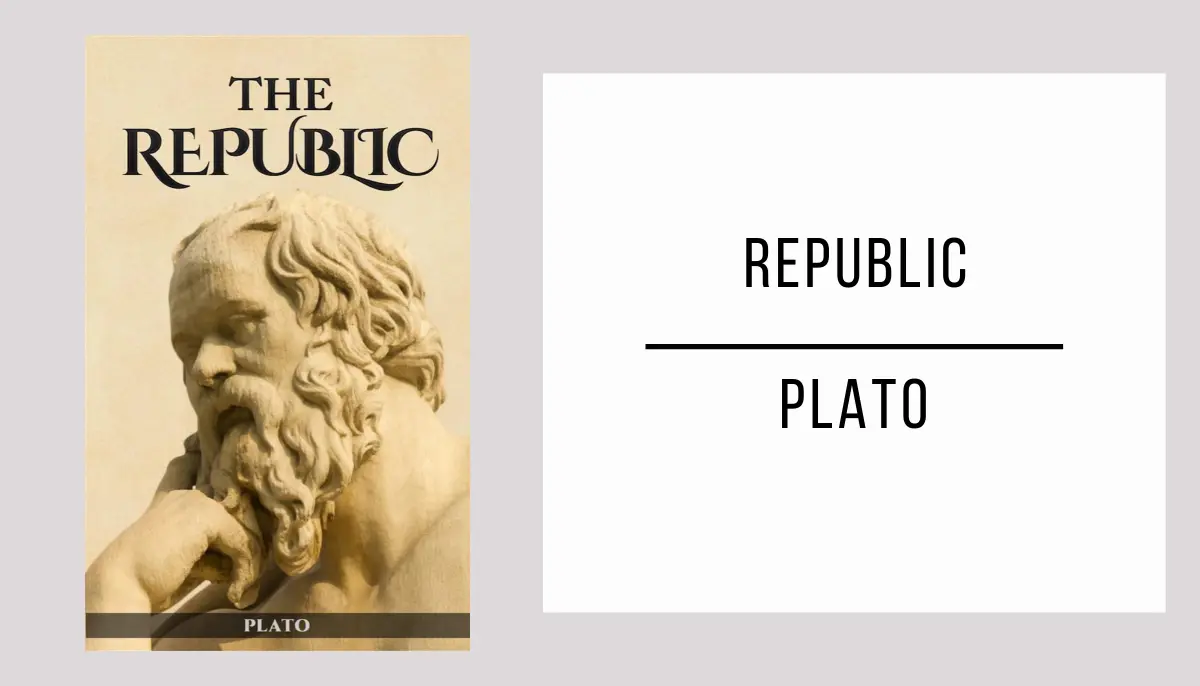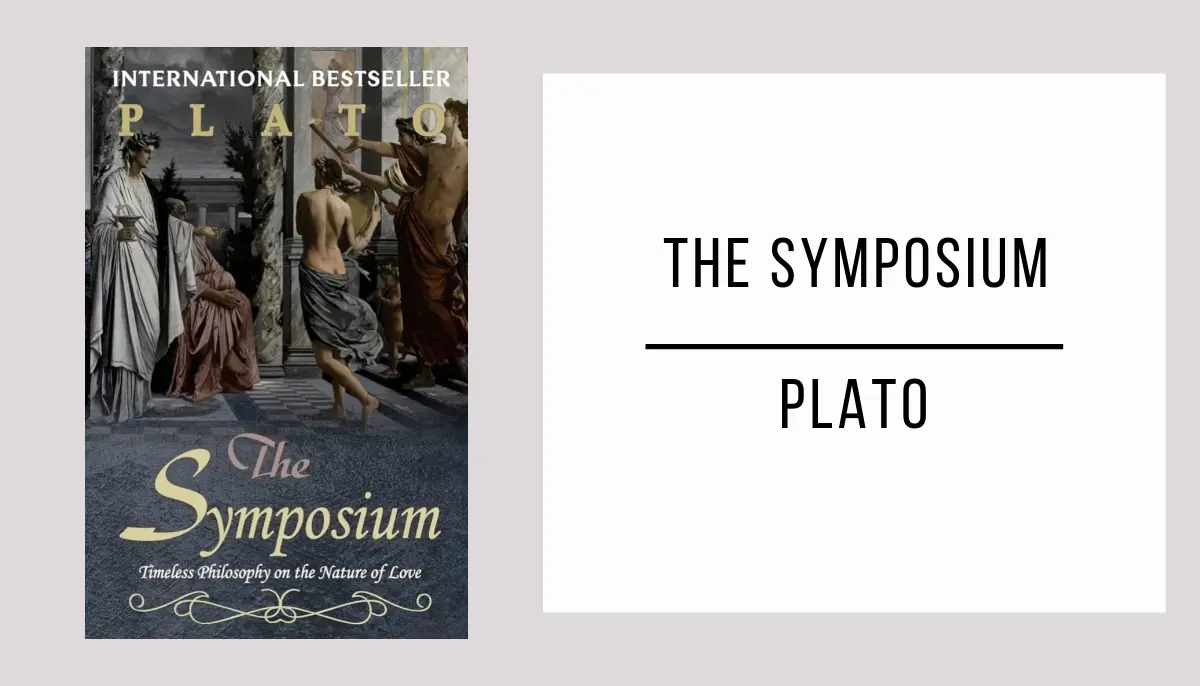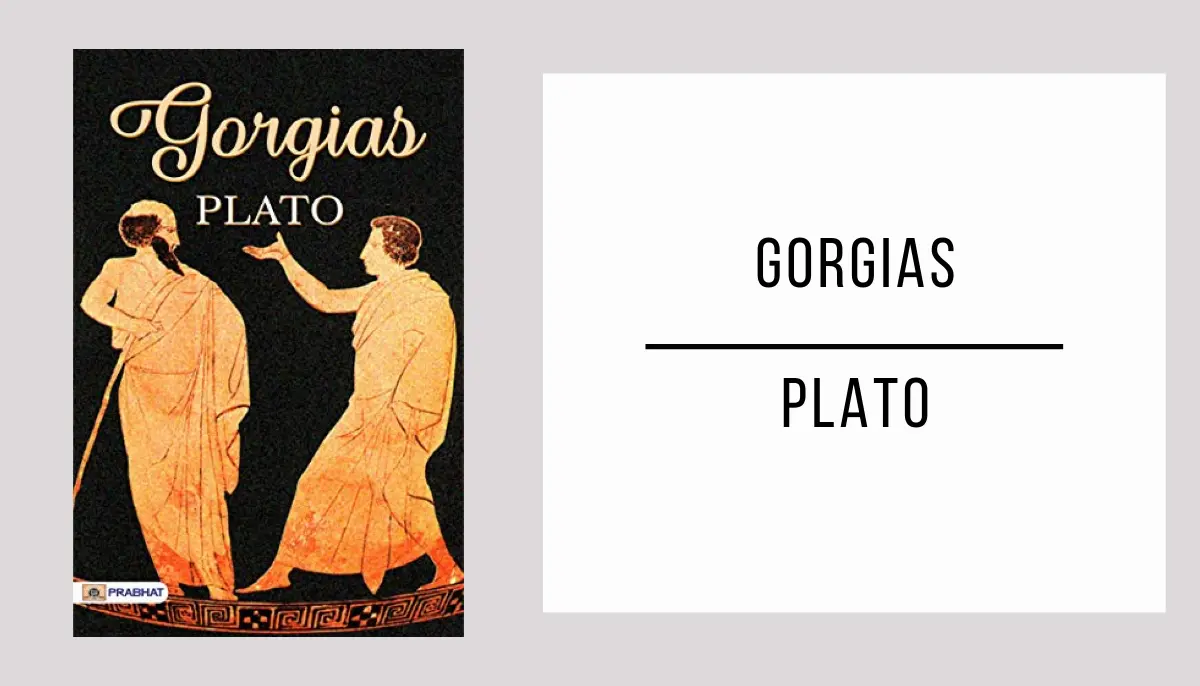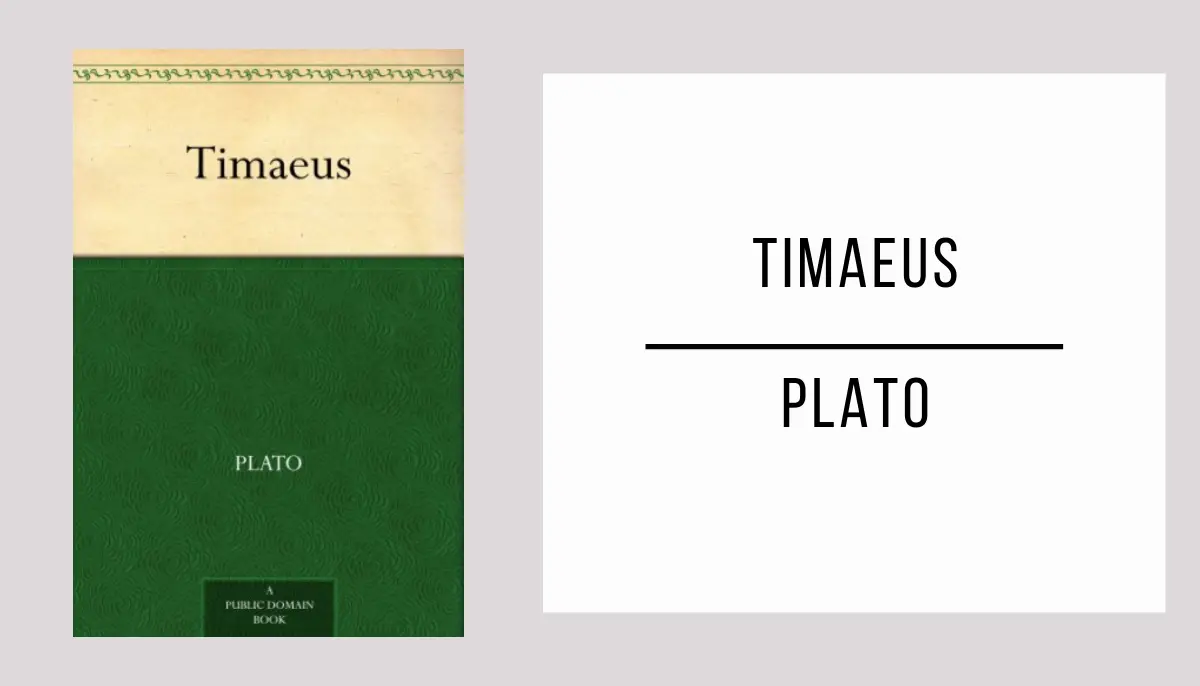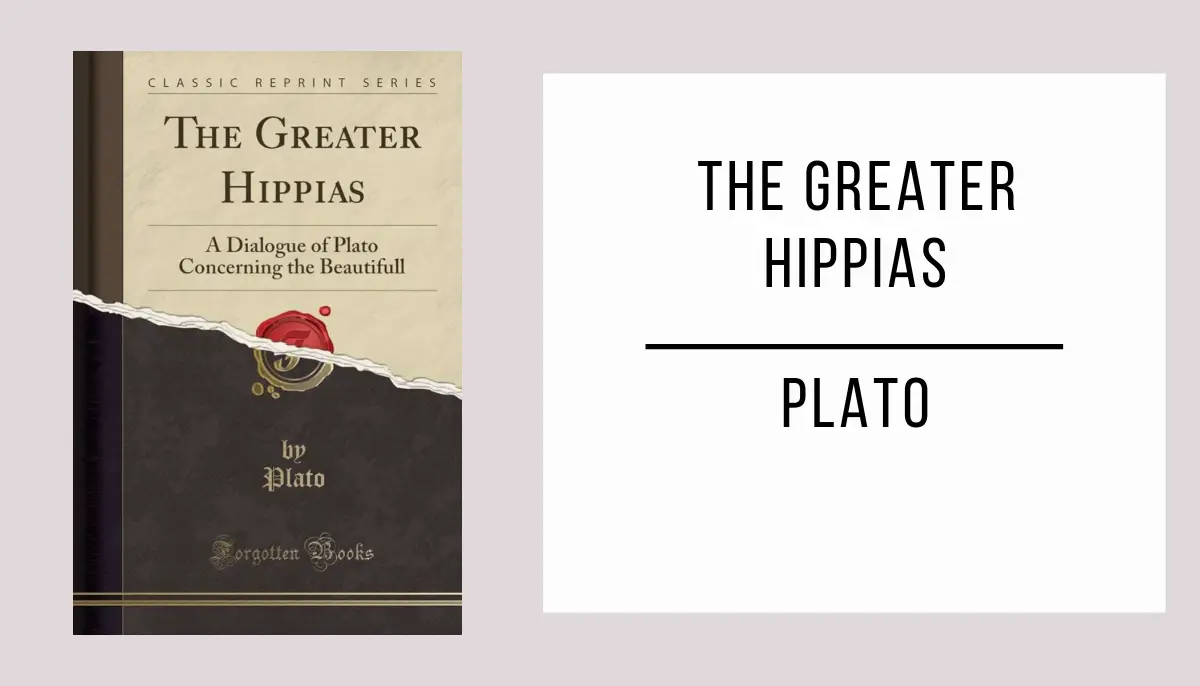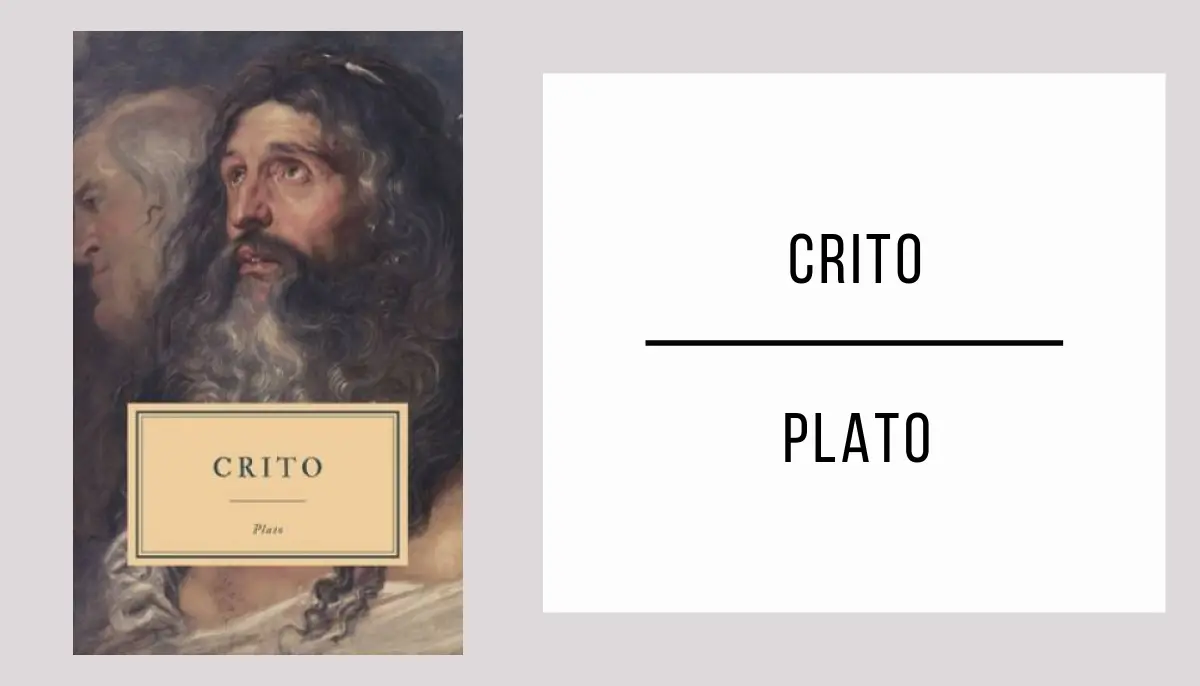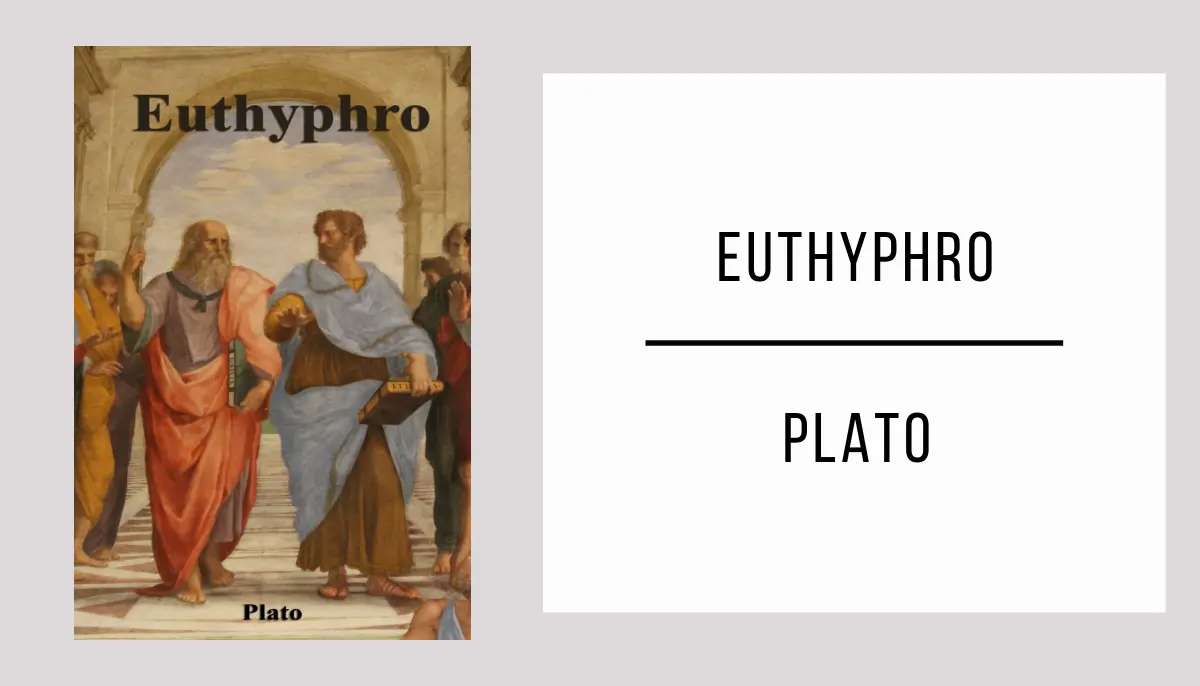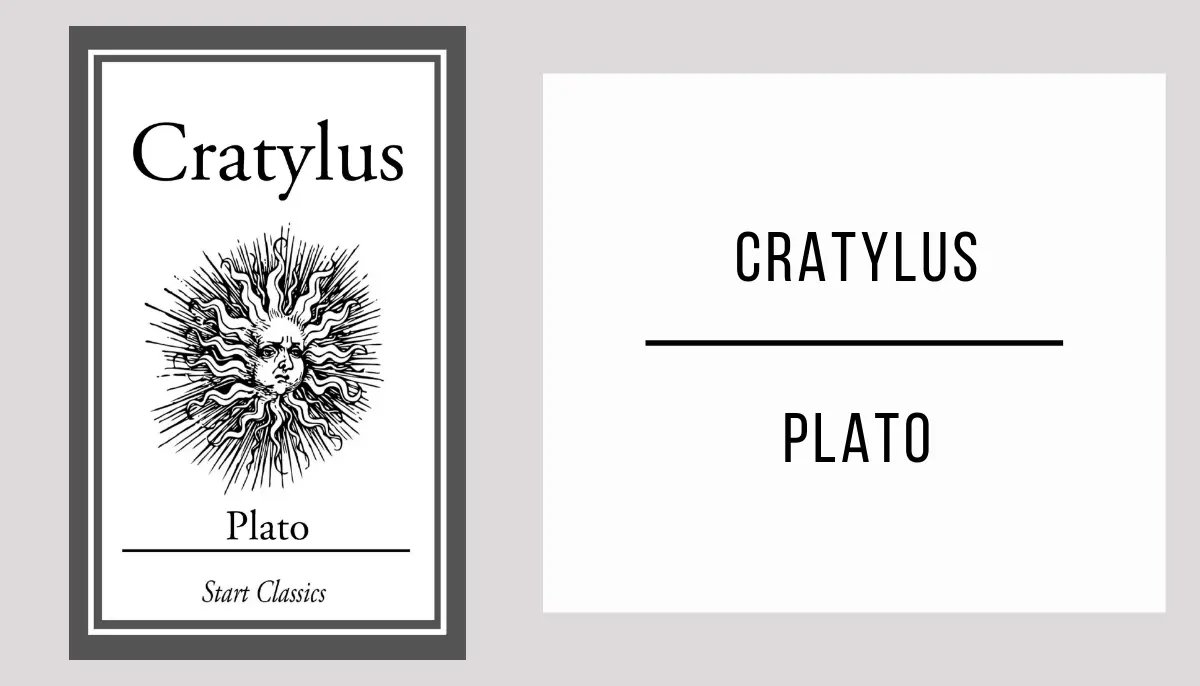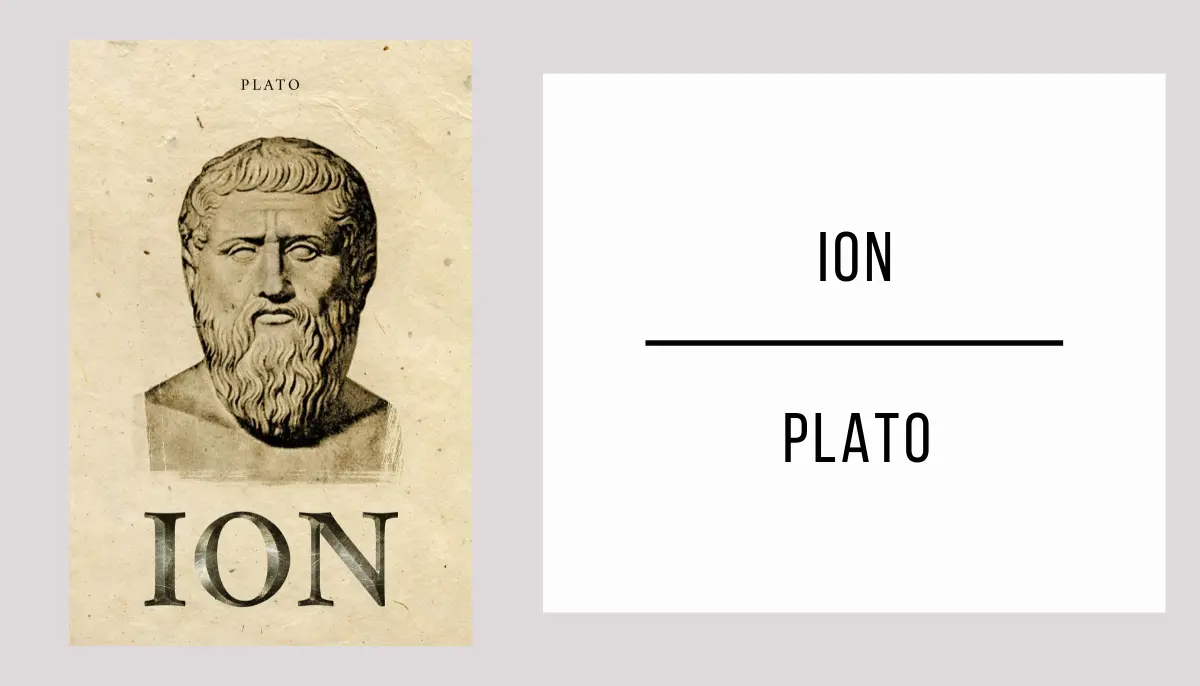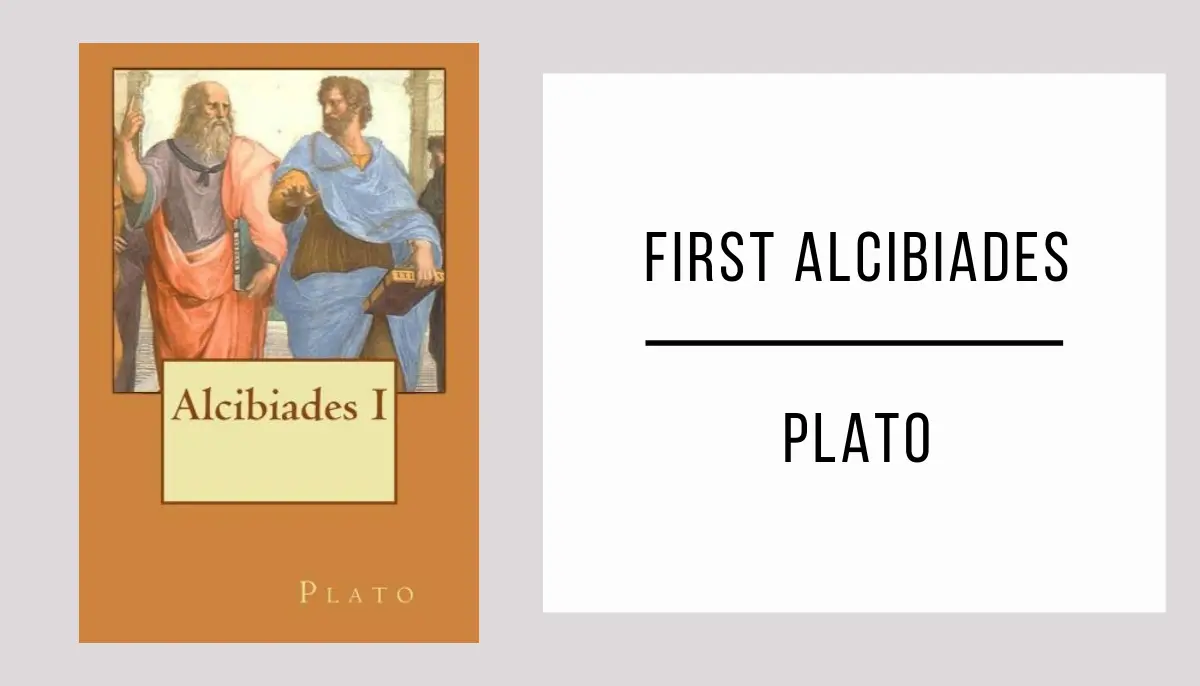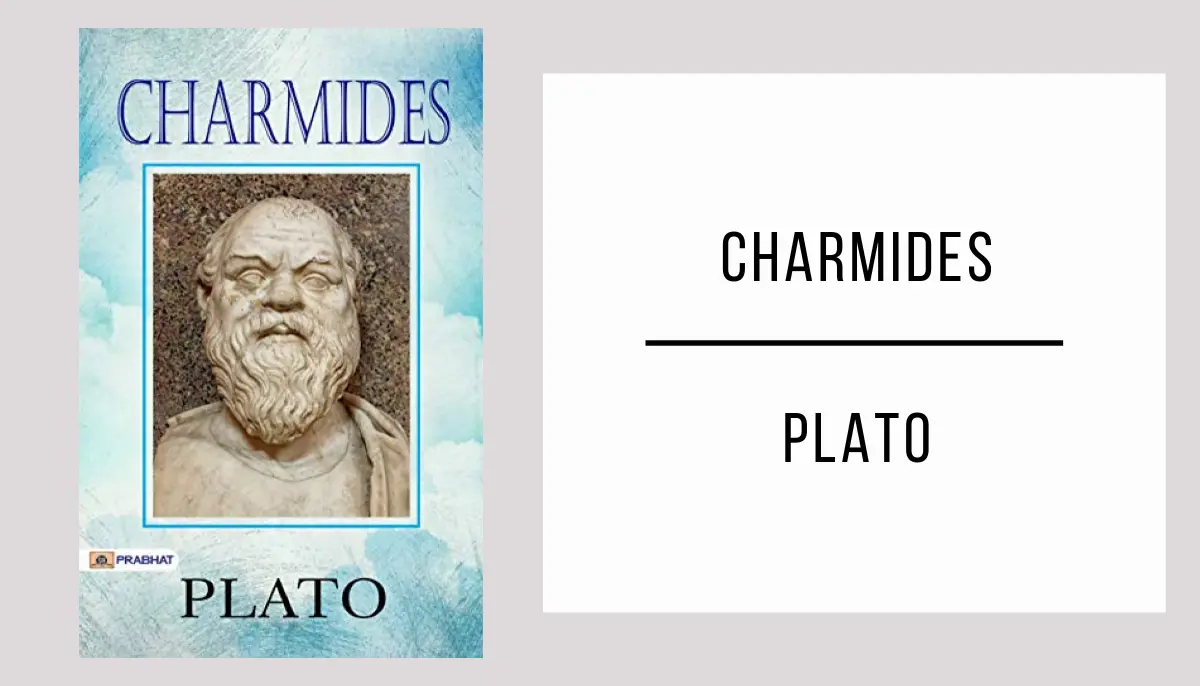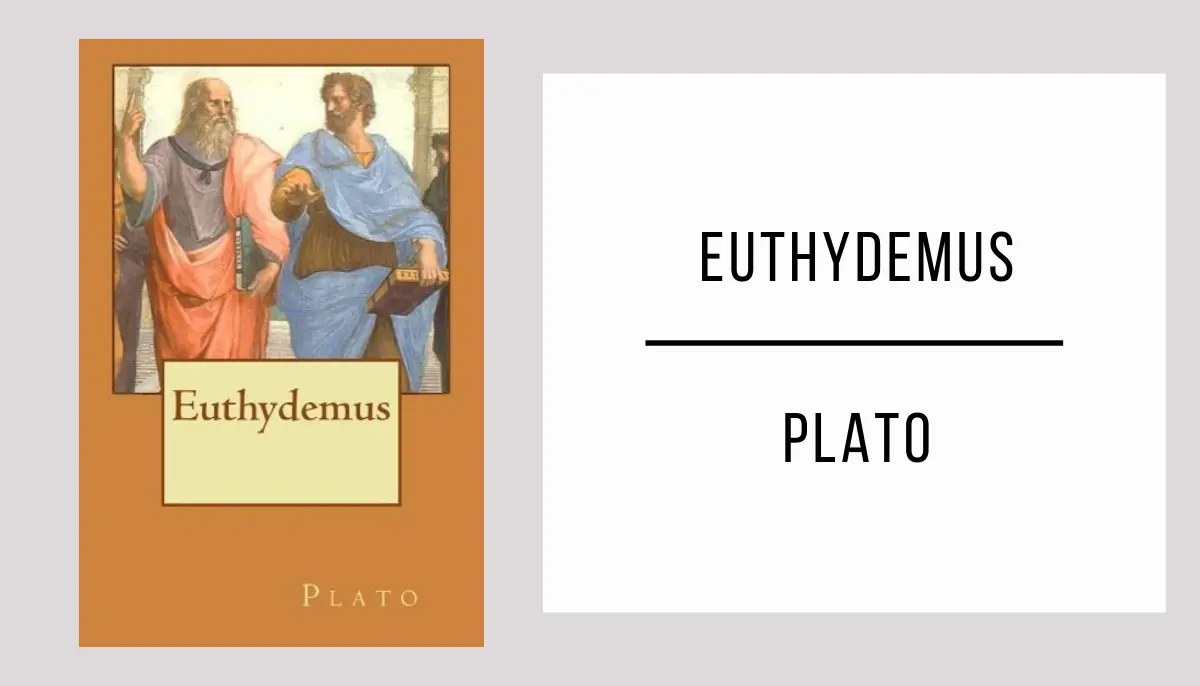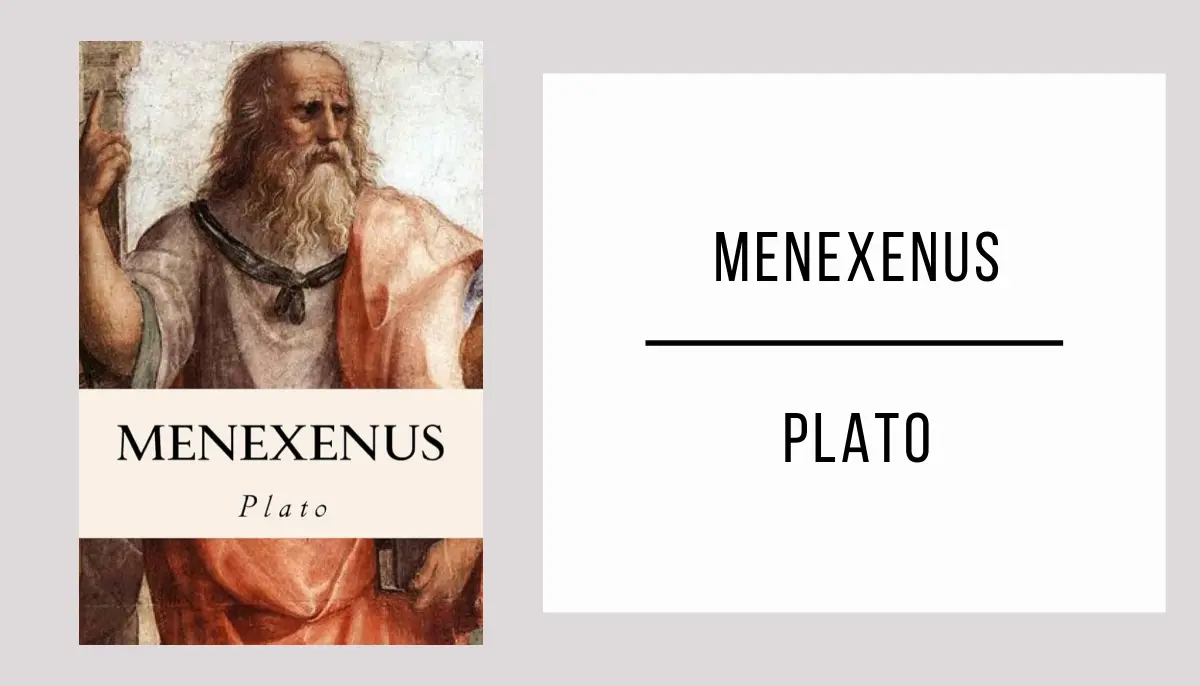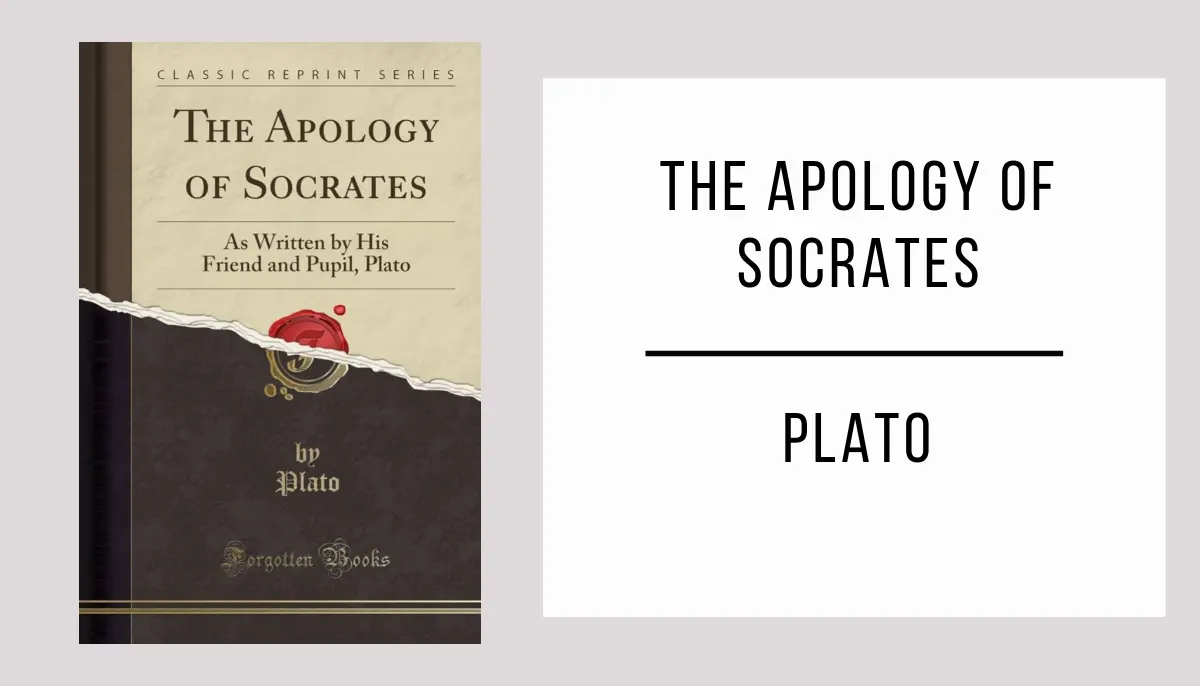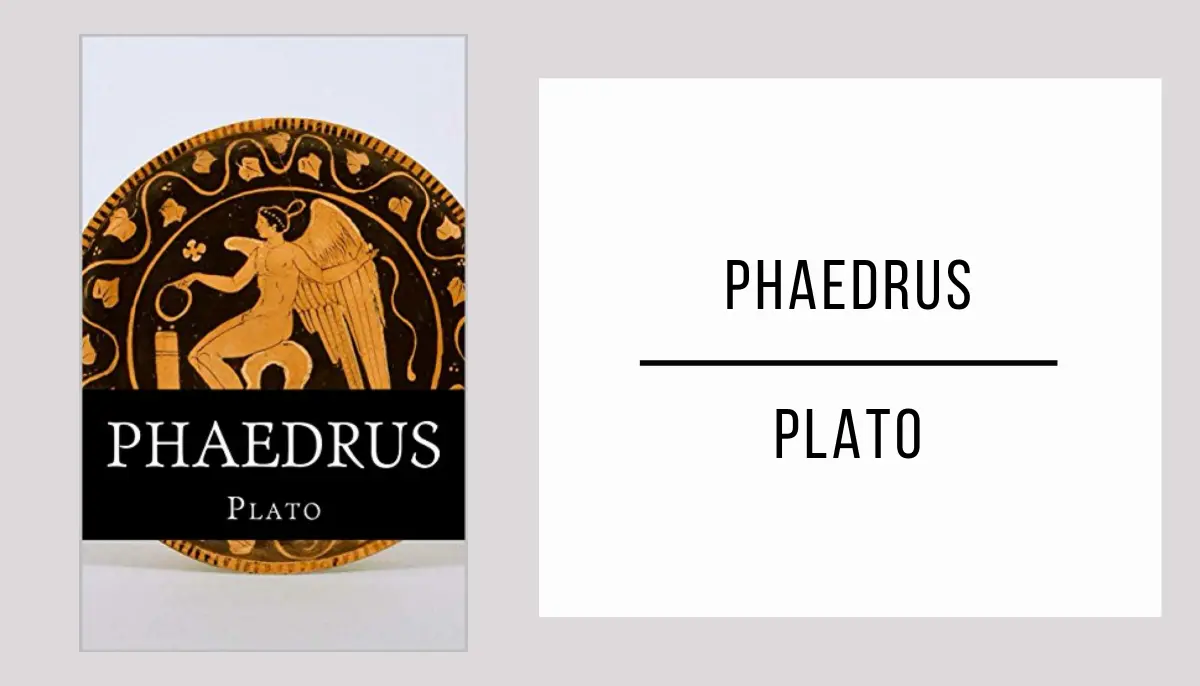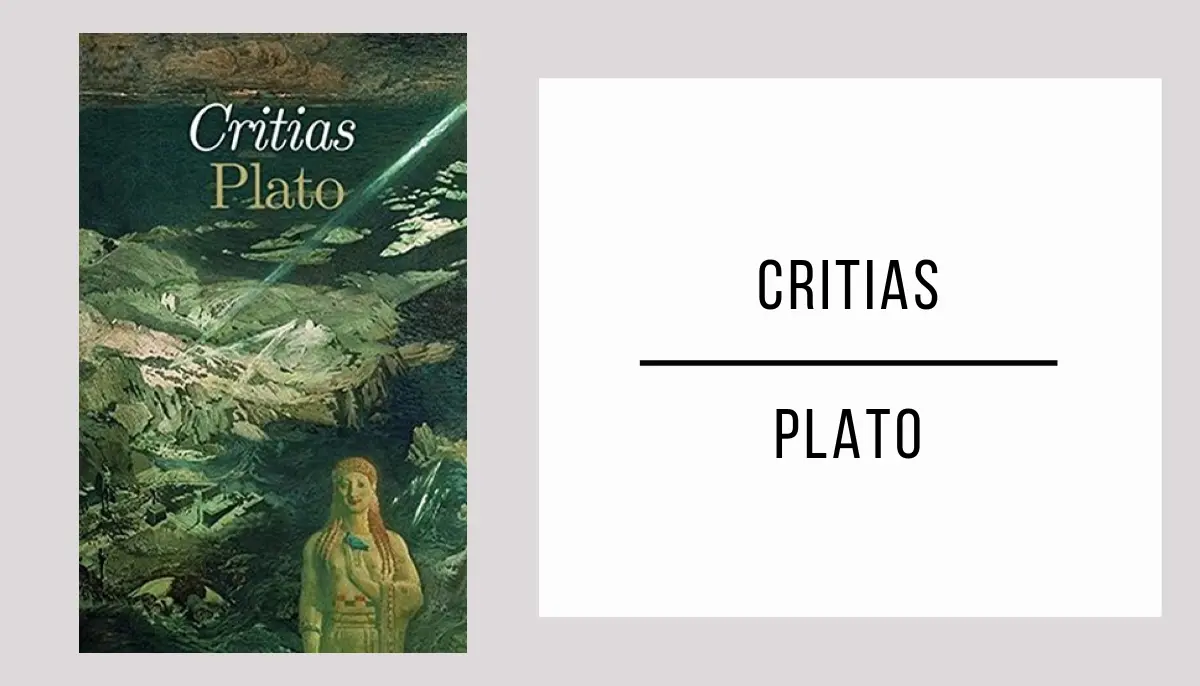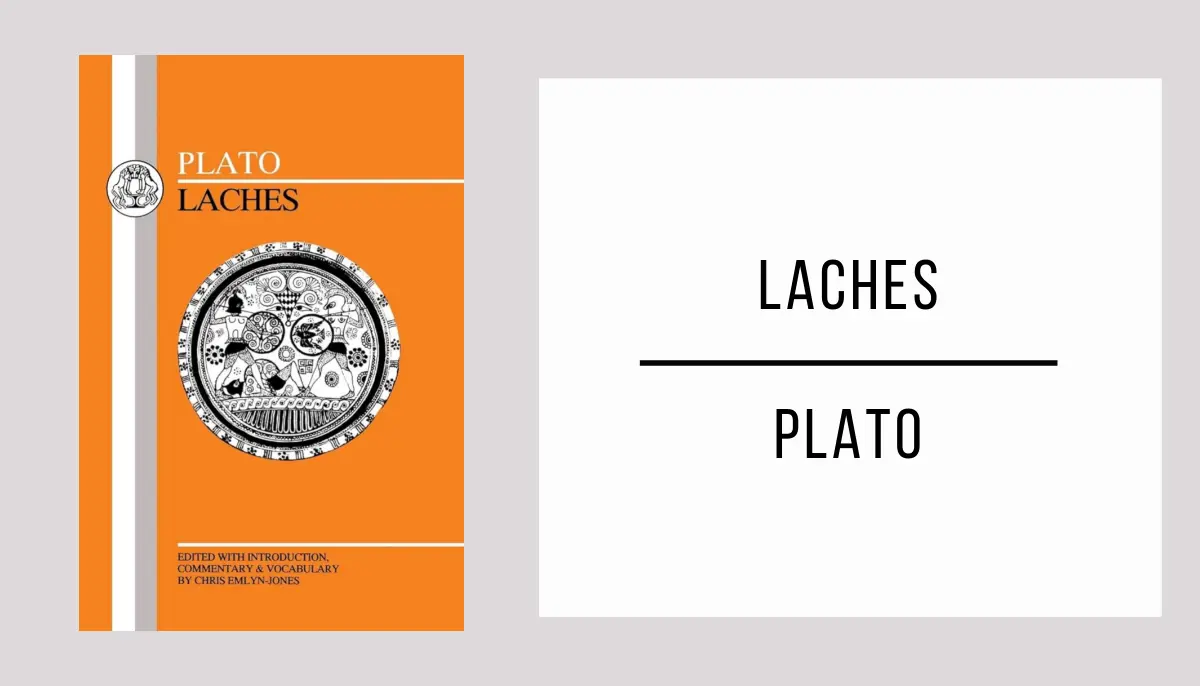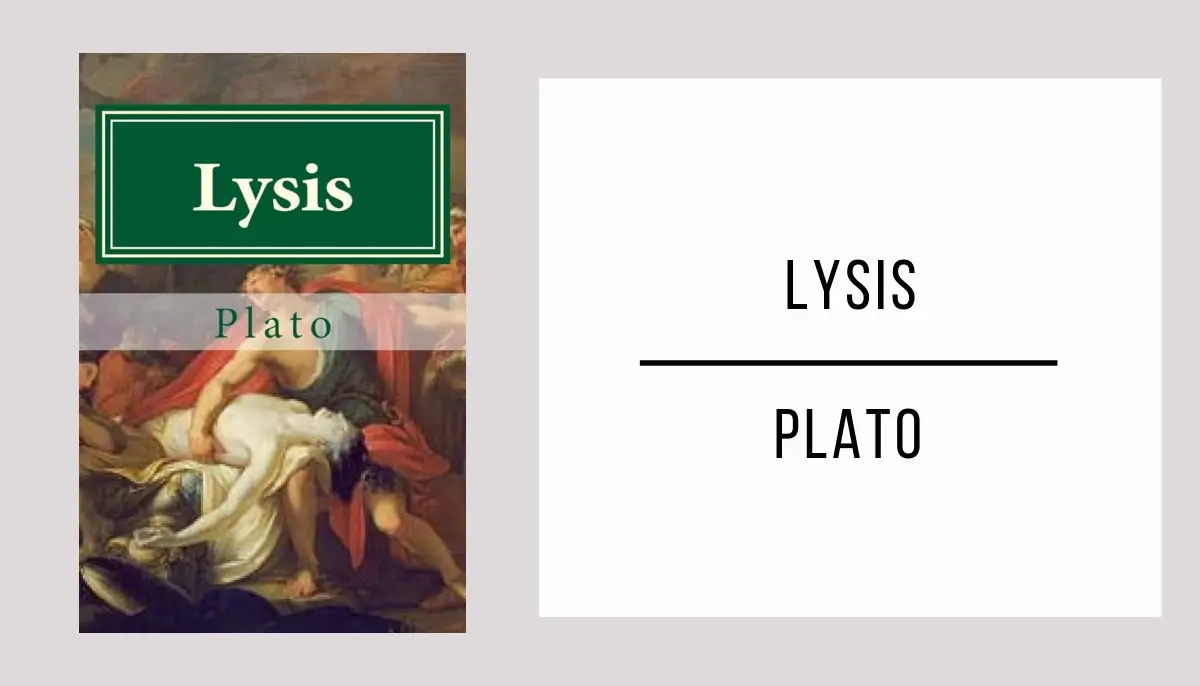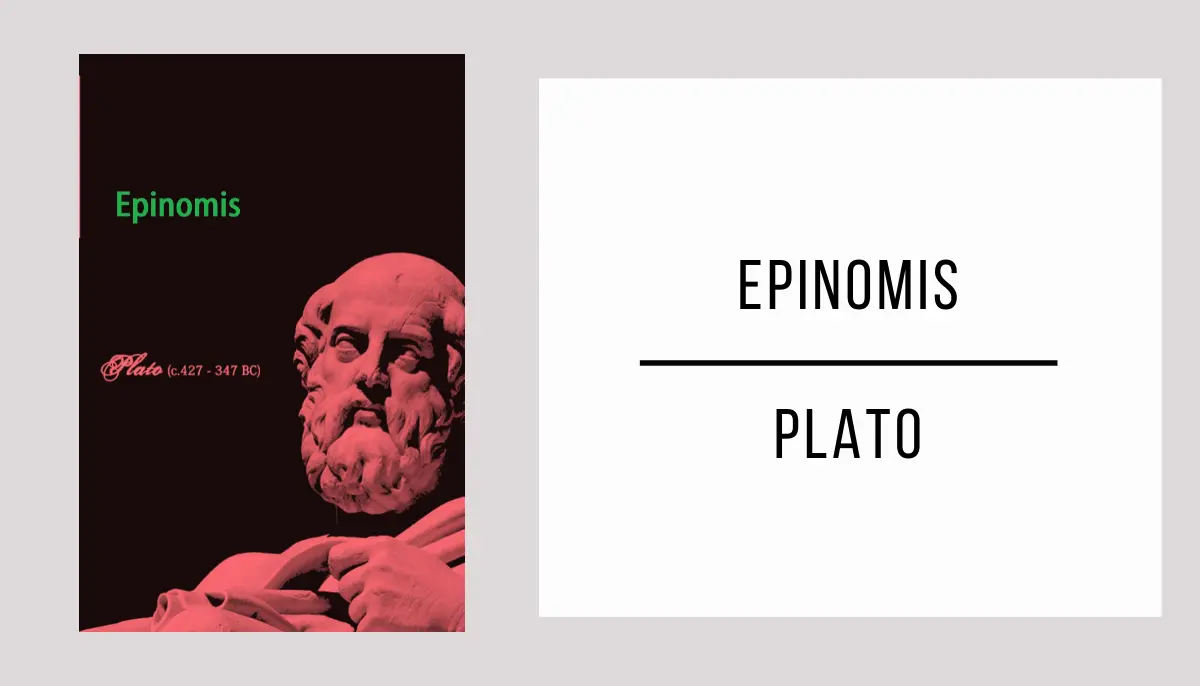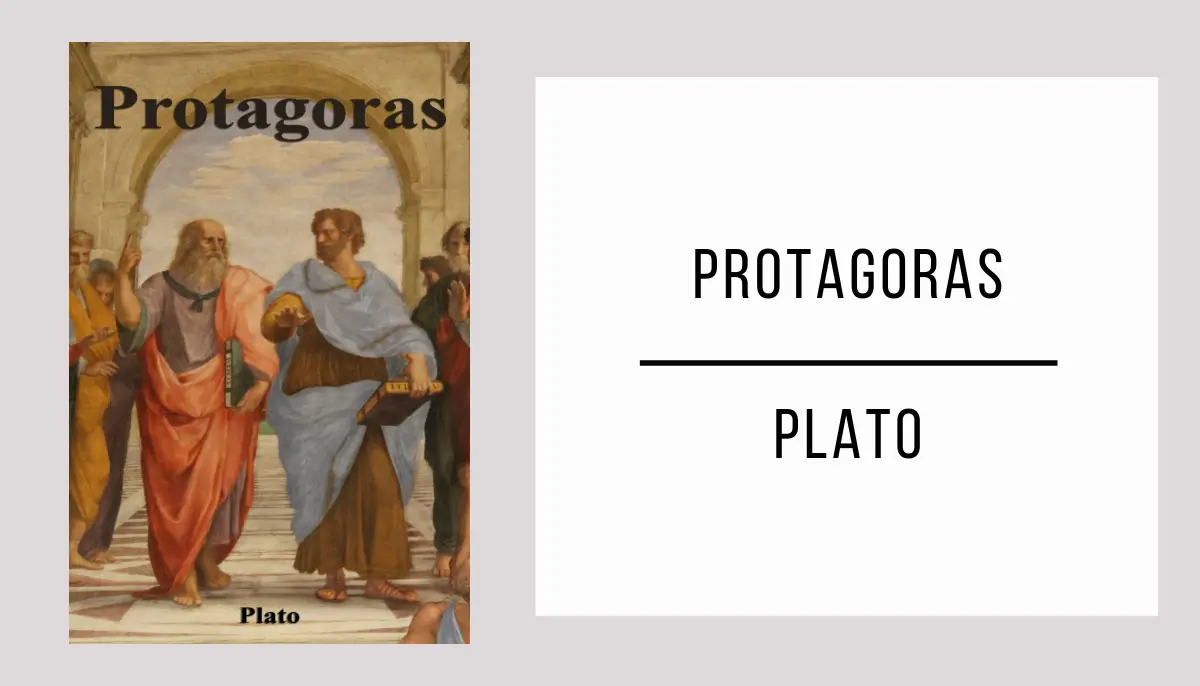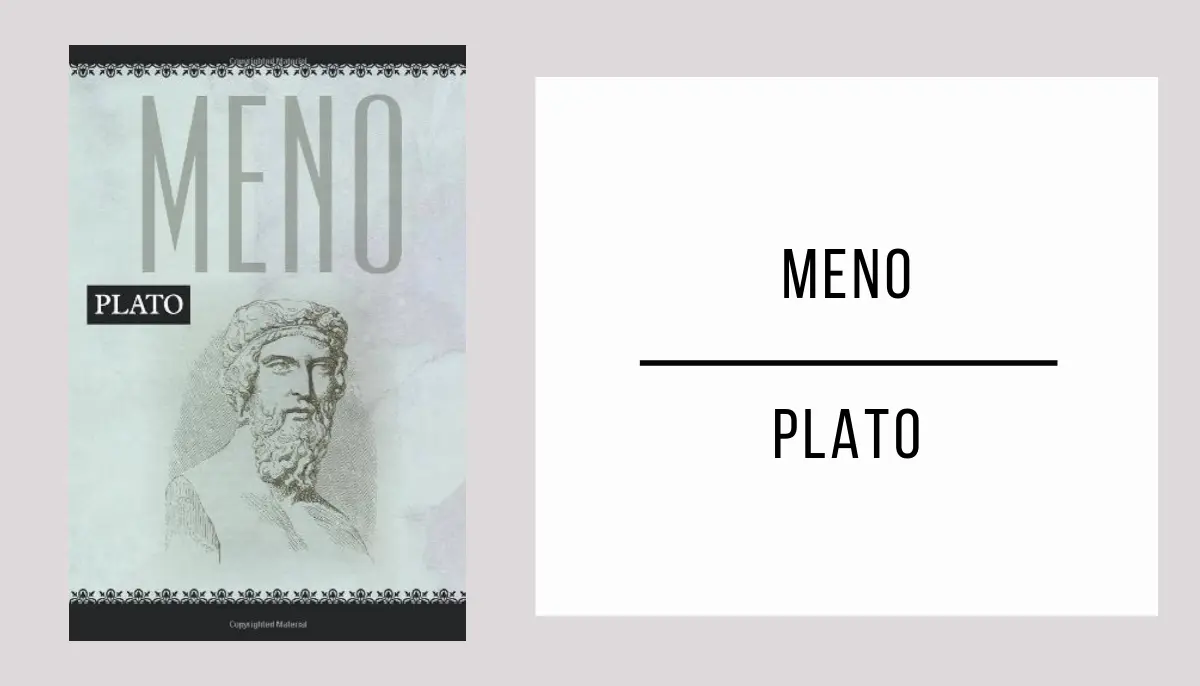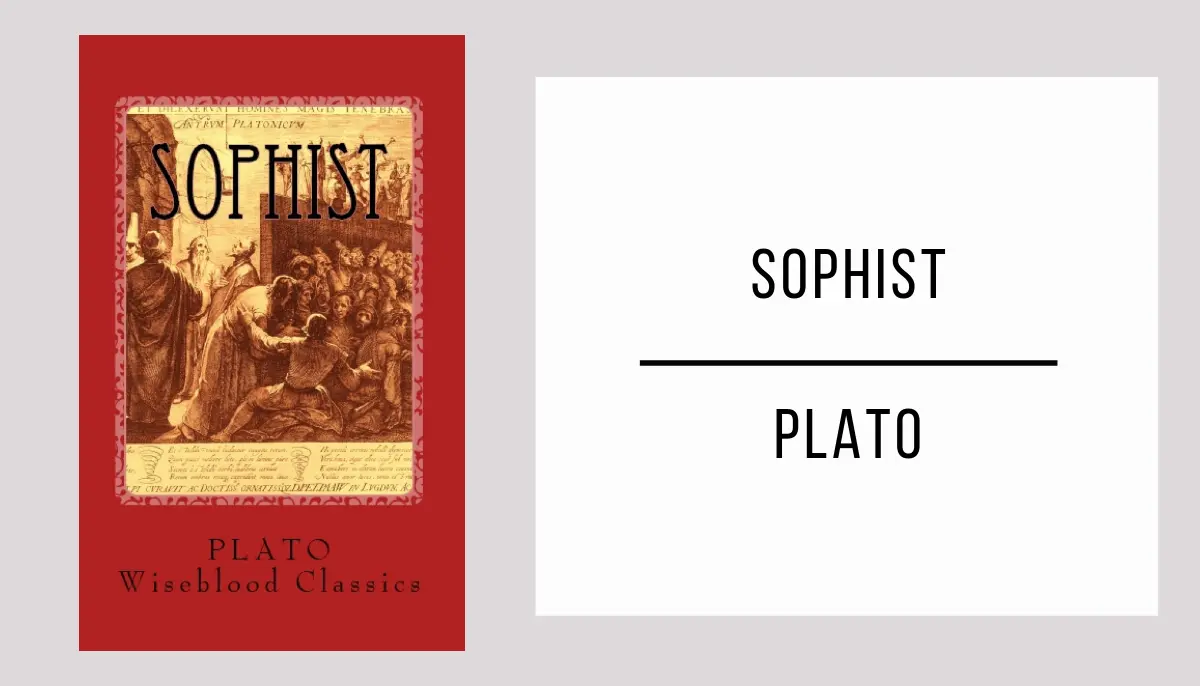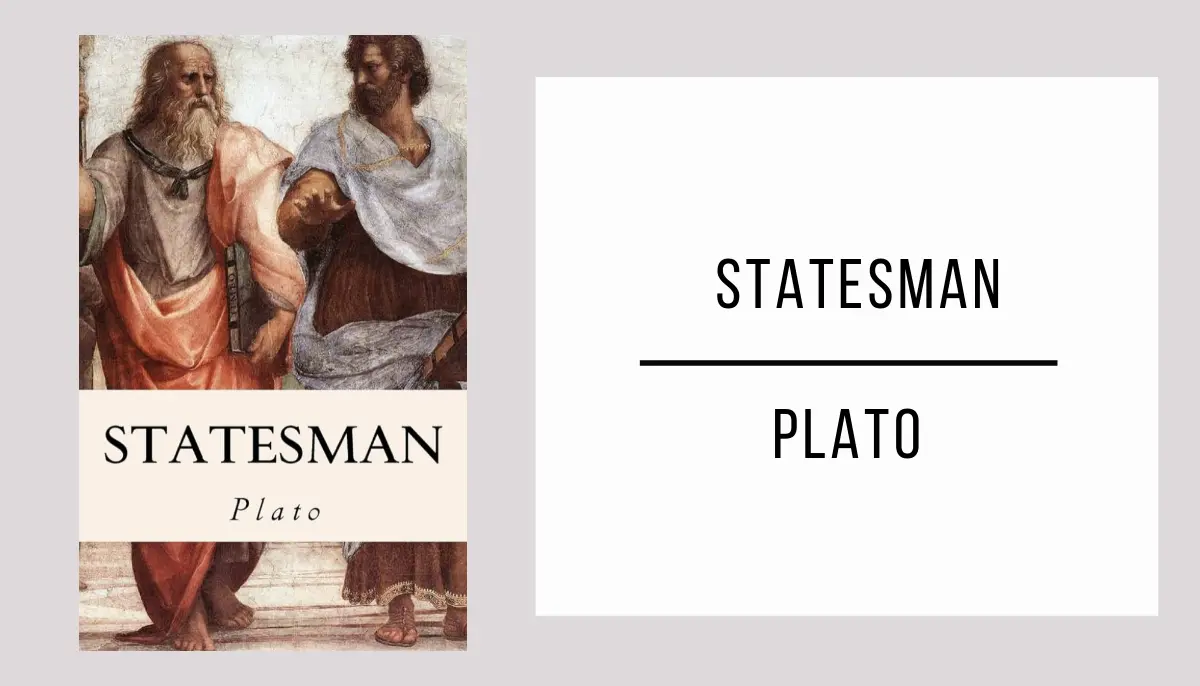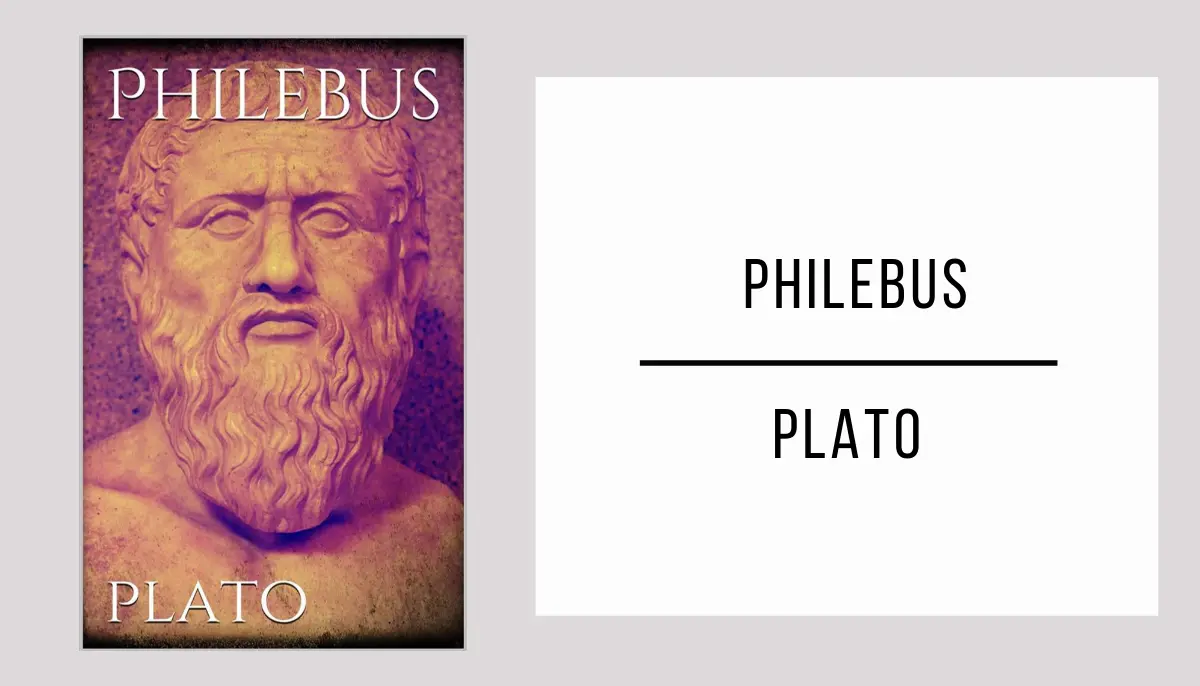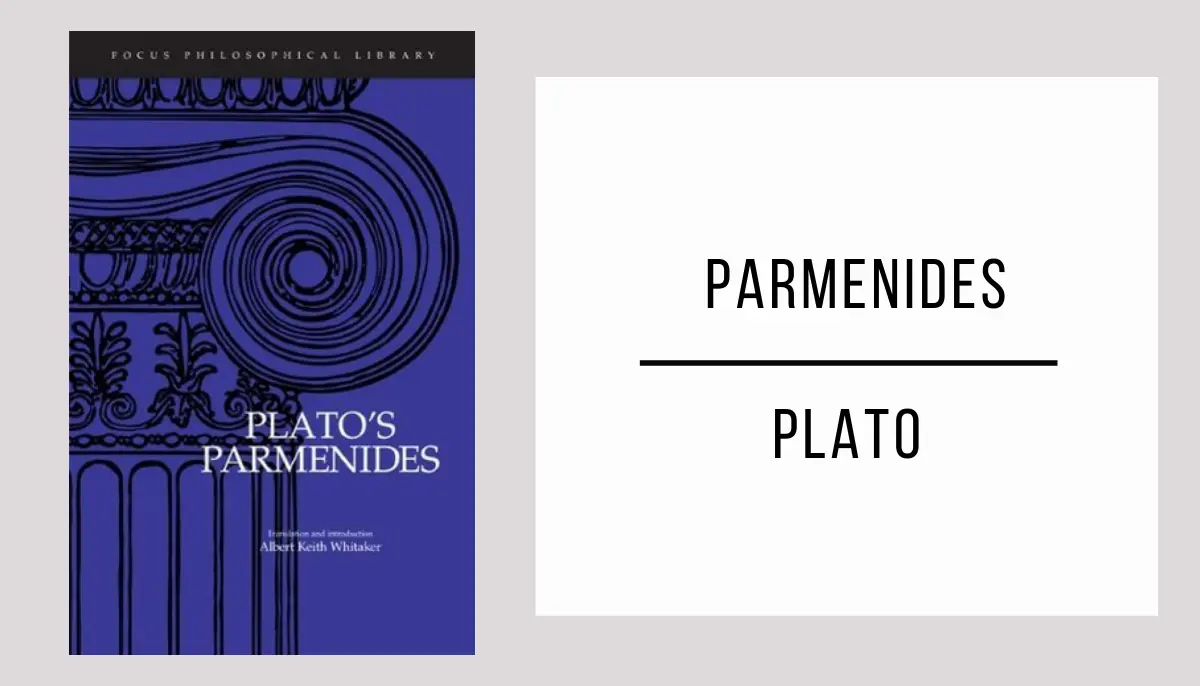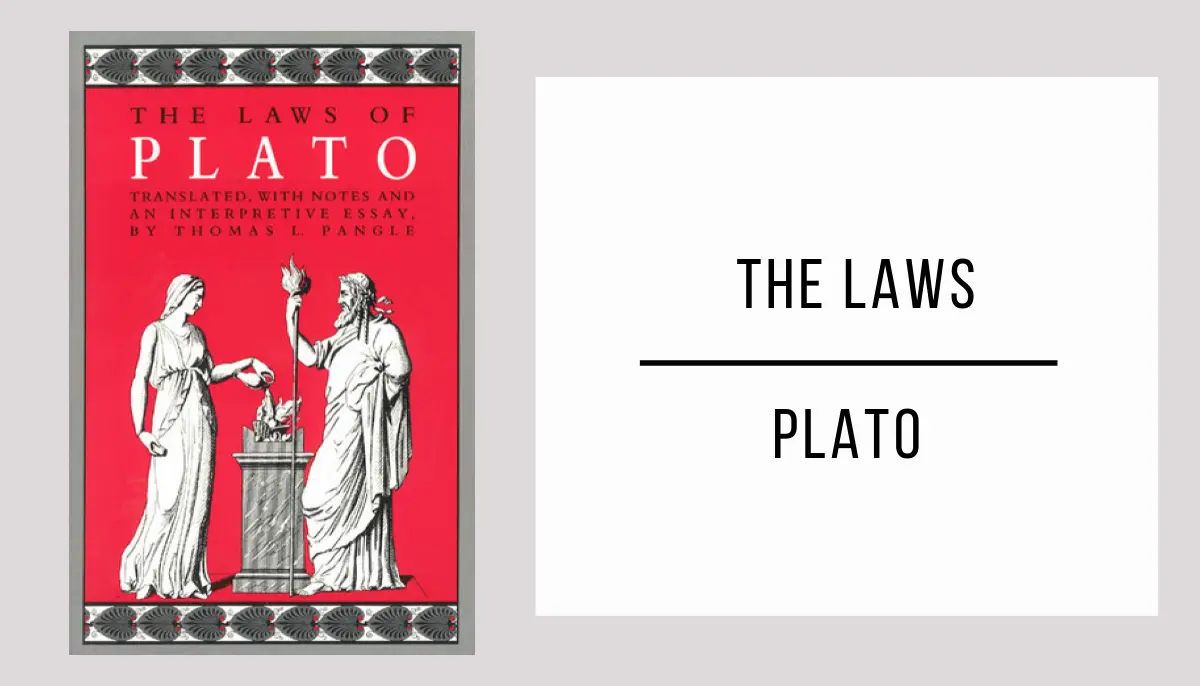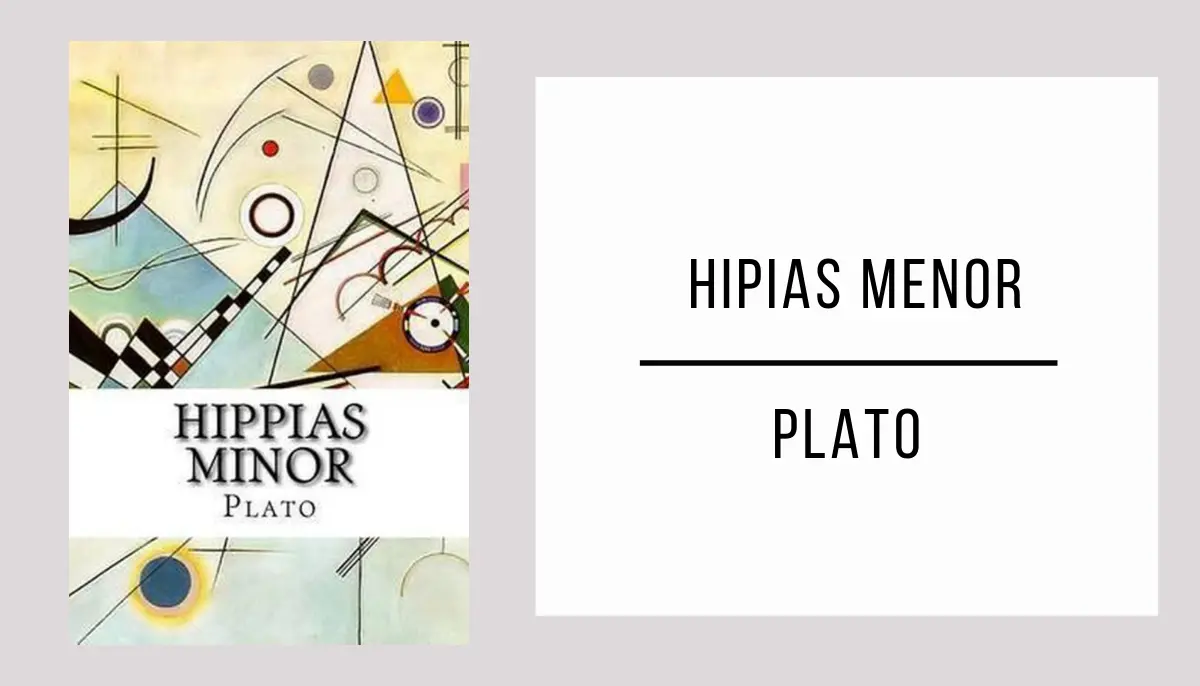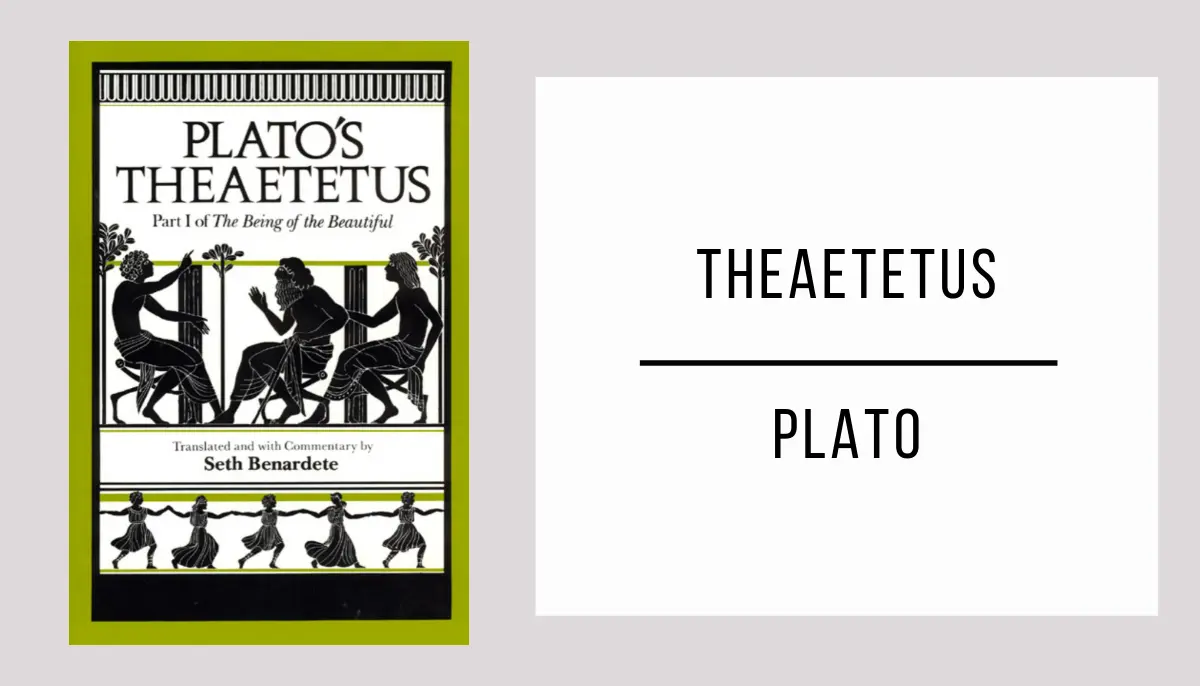“Phaedo” is a fascinating philosophical dialogue written by Plato, exploring the immortality of the soul and the existence of a transcendental world. Immerse yourself in the depths of Greek thought and discover its revolutionary ideas.
Download a free copy of “Phaedo” in PDF format now and delve into this masterpiece of classical literature. Explore Plato’s timeless concepts and awaken your mind with its captivating narrative.
Don’t miss the opportunity to immerse yourself in the philosophical reflections of “Phaedo.” Dare to question your own beliefs and expand your knowledge with this book that challenges the limits of reason.
Phaedo in PDF format
*Wait a few seconds for the document to load, the time may vary depending on your internet connection. If you prefer, you can download the file by clicking on the link below.
Loading fileInformation Phaedo
- Author: Plato.
- Publication Date: Around the year 387 BC.
- Main Characters:
- Socrates: Philosopher and protagonist of the dialogue.
- Phaedo: Disciple of Socrates and narrator of the dialogue.
- Simmias: Philosopher and disciple of Socrates.
- Cebes: Philosopher and disciple of Socrates.
- Crito: Friend of Socrates.
- Brief Summary: “Phaedo” narrates the final moments of Socrates before his execution, where he discusses the immortality of the soul and the existence of a world of Ideas. Through profound dialogues and philosophical arguments, Socrates presents his theory on the immortality of the soul and the necessity of philosophy as preparation for death.
- Thematic Analysis: “Phaedo” addresses themes such as the immortality of the soul, the existence of a transcendental world, the nature of philosophy, and the importance of preparation for death. Through logical arguments and dialectical reasoning, Plato seeks to demonstrate the superiority of the soul over the body and the significance of the pursuit of knowledge.
- Historical Context: “Phaedo” was written during a period of great philosophical fervor in ancient Greece. Plato, a disciple of Socrates, aimed to capture the teachings and philosophy of his mentor in his works. The dialogue unfolds in the context of Socrates’ death sentence for his philosophical ideas, influencing the reflection on death and the immortality of the soul in the text.
Plato Books
This is our complete collection of Plato’s free books.


